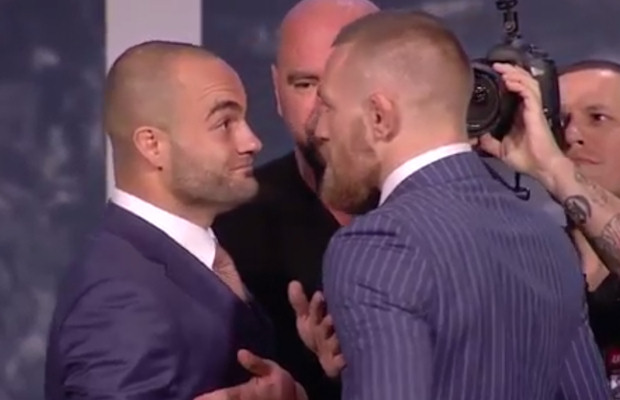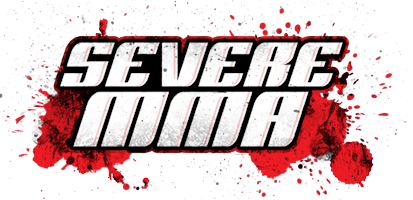

History. It’s a topic that resonates with the Irish.
For a small island on the edge of Europe it has punched above its weight, both literally and figuratively, for centuries.
It has contributed to science and the arts with great distinction. It has also produced world-class fighters who have had an enormous impact on their sport at defining moments in time.
November 12th will be a defining moment in time for the sport of MMA. History will be made in New York City when the Ultimate Fighting Championship juggernaut thunders into the Big Apple for the first time.
In the fabled Madison Square Garden, Conor McGregor will look to make history as the first UFC fighter to simultaneously hold two world titles in different weight classes when he faces Eddie Alvarez for his lightweight title.
But the featherweight champion of the world is just the latest member of the fighting Irish brigade looking to make a lasting impact on the formative stages of combat sports.
The sport of MMA, as we know it today, is a relatively young one, and as is the way with anything young it has had some teething problems along the way.
Boxing, much like MMA, went through many phases in order to become accepted by the wider public. And more importantly, to get accepted by the relevant powers that be.
As the sport of bare-knuckle fighting began to evolve into something resembling what we consider modern day boxing, two Irish born fighters were amongst a leading pack of fighters leading the charge.
Jack ‘Nonpareil’ Dempsey was regarded as the best boxer in the world during his reign as undisputed middleweight champion from 1884 to 1891.
Born in County Kildare, he was the bare-knuckle king at his weight before going on to become the first recognised world middleweight champion in boxing.
The author of his 1895 obituary in the Portland Oregonian, wrote:
“Dempsey was cool under fire and never got rattled. He changed his tactics in almost every battle, and his adversary never knew just how to size him up.” Sound familiar?
A sparring partner of Dempsey, Jack McAuliffe was the last bare-knuckle lightweight champion and first lightweight champion of the new Marquess of Queensberry Rules era.
Born in County Cork, the man nicknamed “The Napoleon of the Ring,” dominated the lightweight division from 1886 until 1893 before retiring undefeated. He is one of only a handful of world champions to have retired undefeated.
But it’s not just male fighters that have helped change their sport. Katie Taylor’s complete dominance in the world of women’s amateur boxing helped pave the way for its return to the Olympics after a 104-year absence. Taylor, who has recently turned professional, went on to win the gold medal at the 2012 summer games in London.
These are just examples of some of the historical feats that Irish fighters have achieved at defining moments in their sport.
Conor McGregor understands history. Not only does he understand it, he embraces the opportunity to make it.
In an interview with Sports Illustrated, McGregor talked up the historical significance of winning on November 12th, “Let me look at the historic images we’re going to get on this night, me with these two belts. That’s what everyone should be excited about, this is history”.
This is nothing new for the Dublin southpaw. He has spoken passionately about making history from the moment he stepped foot into the Octagon.
Sure he has talked about the numbers and the money he generates in the build up to this fight but make no mistake about it, this one is about the glory for him. This is about legacy. About going down in folklore and legend. This one… This one is about history.
By Shane Curtis



